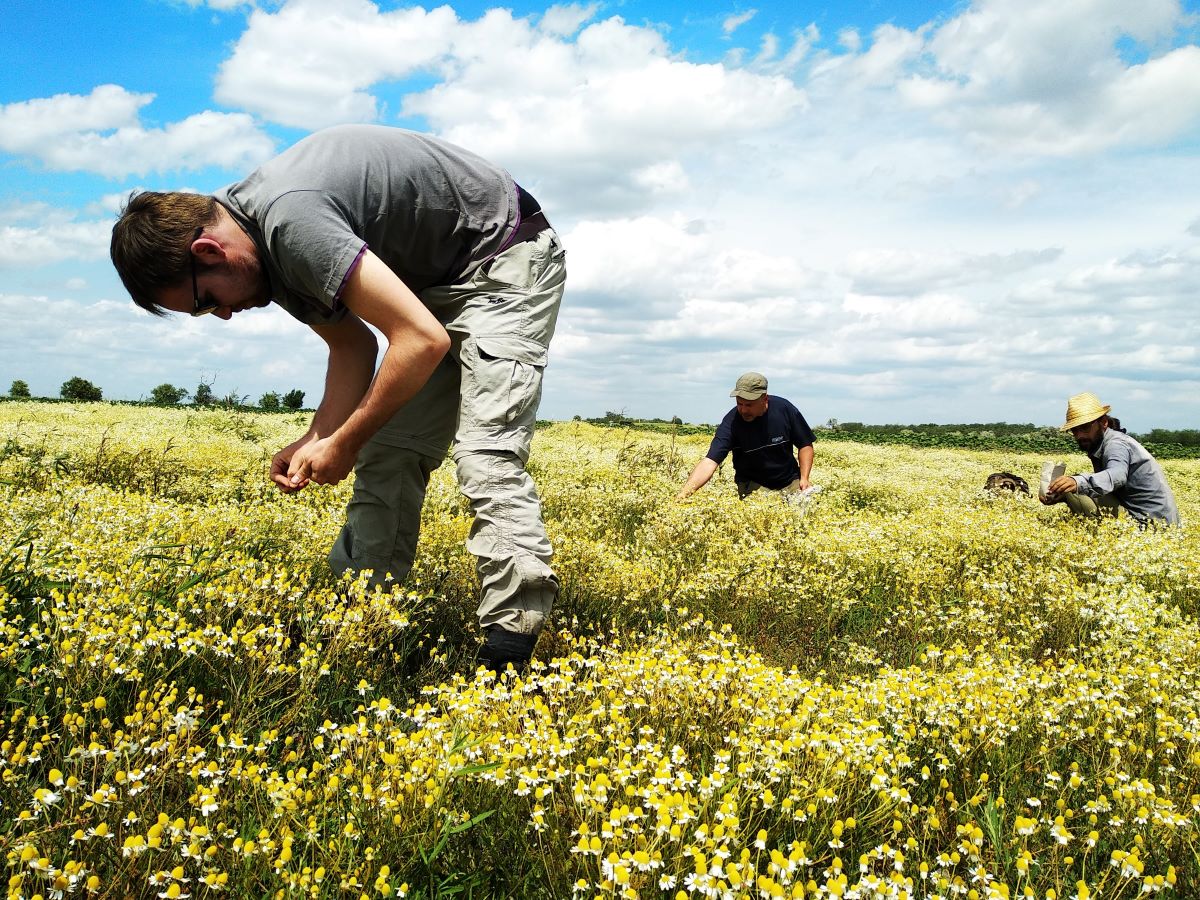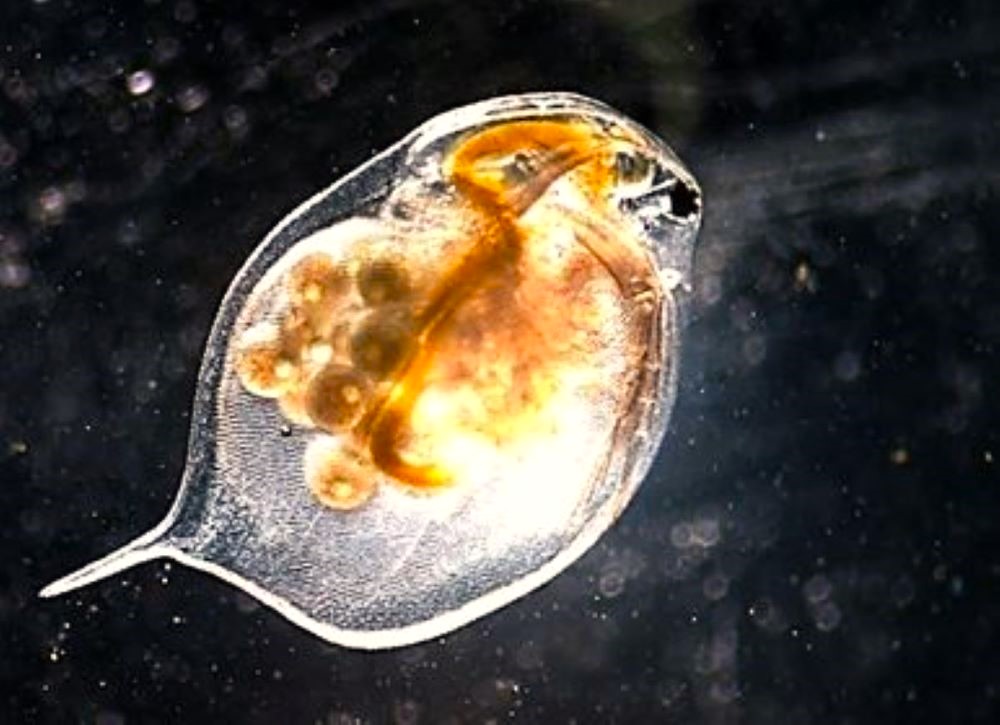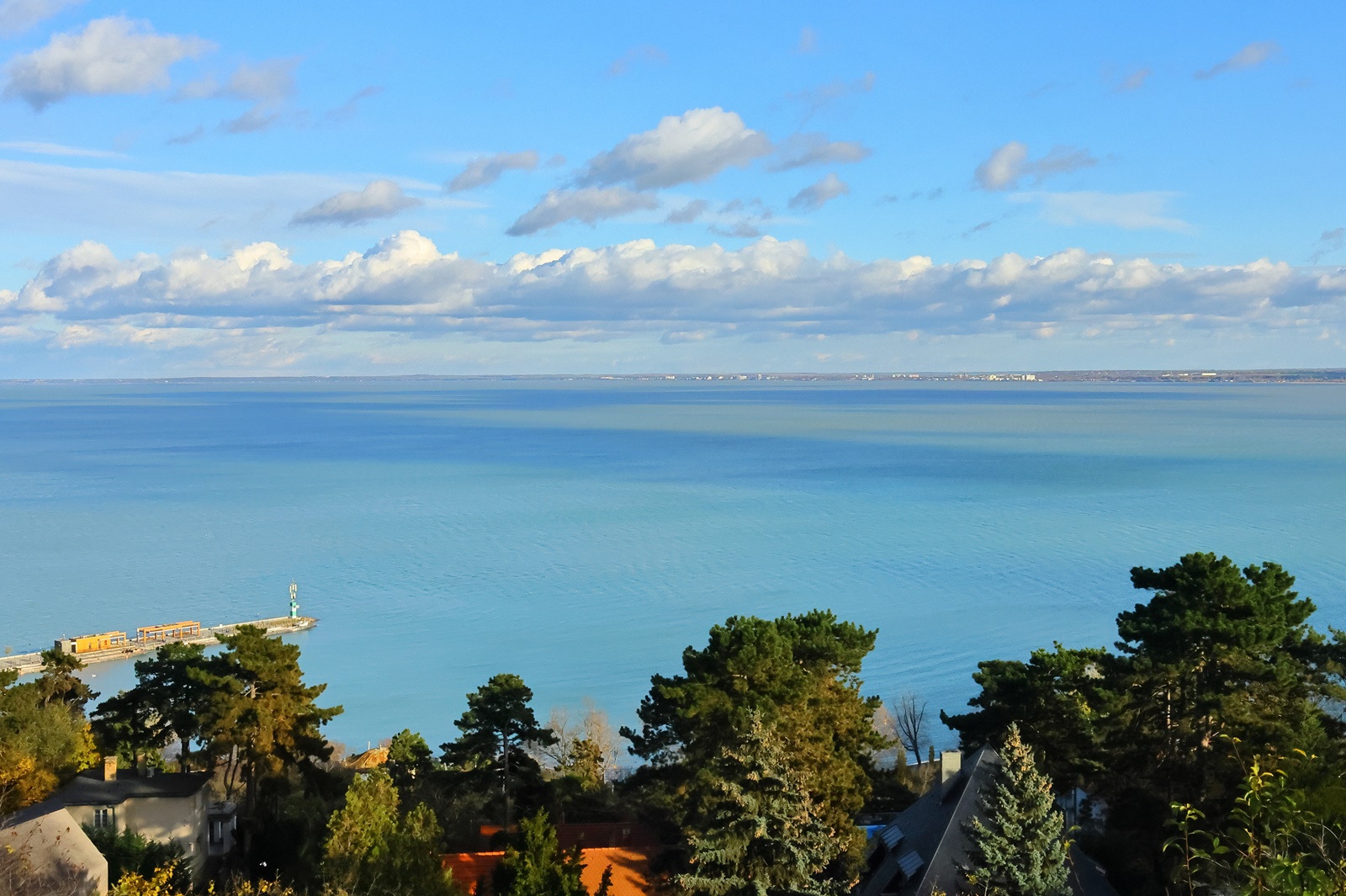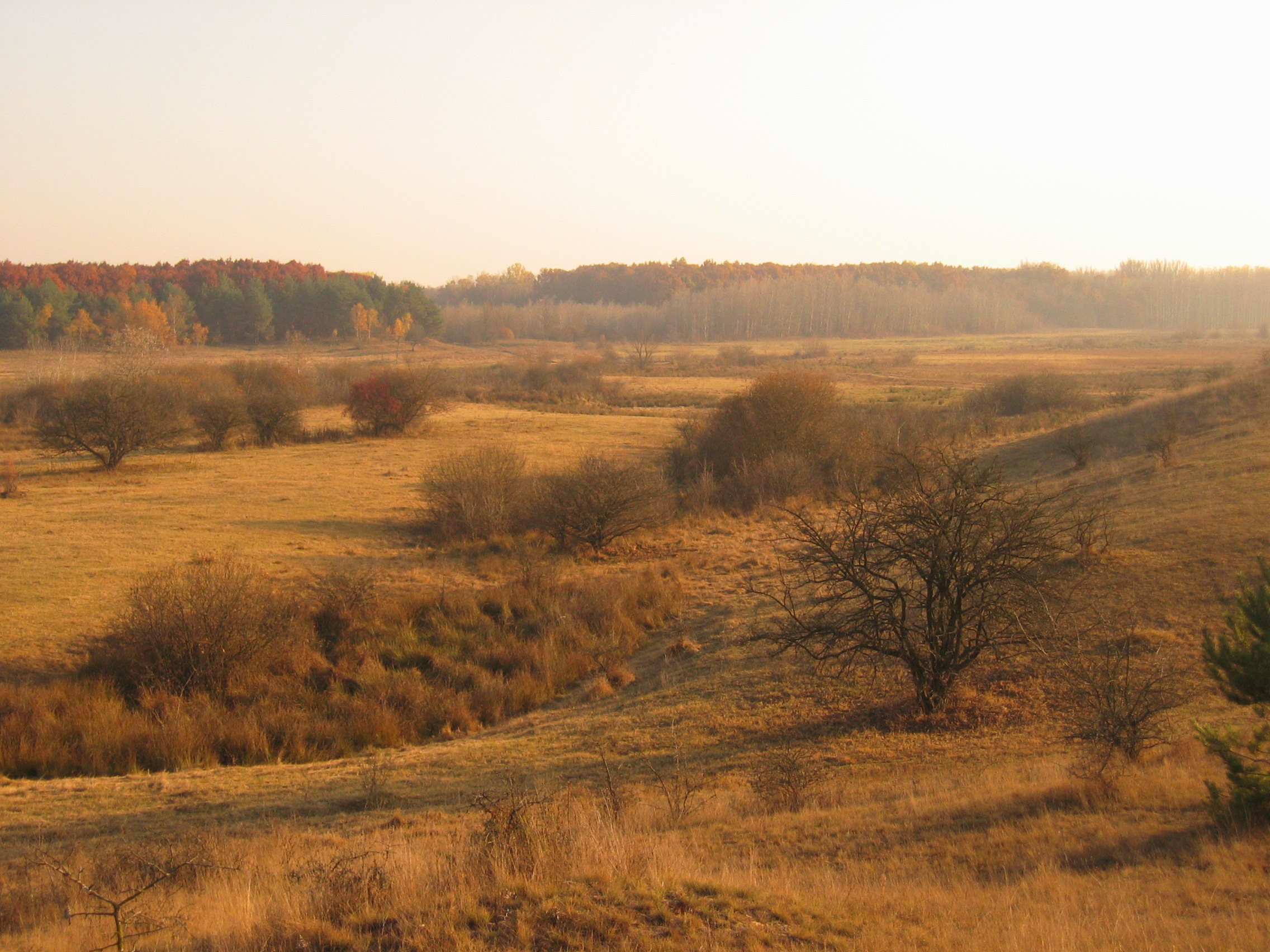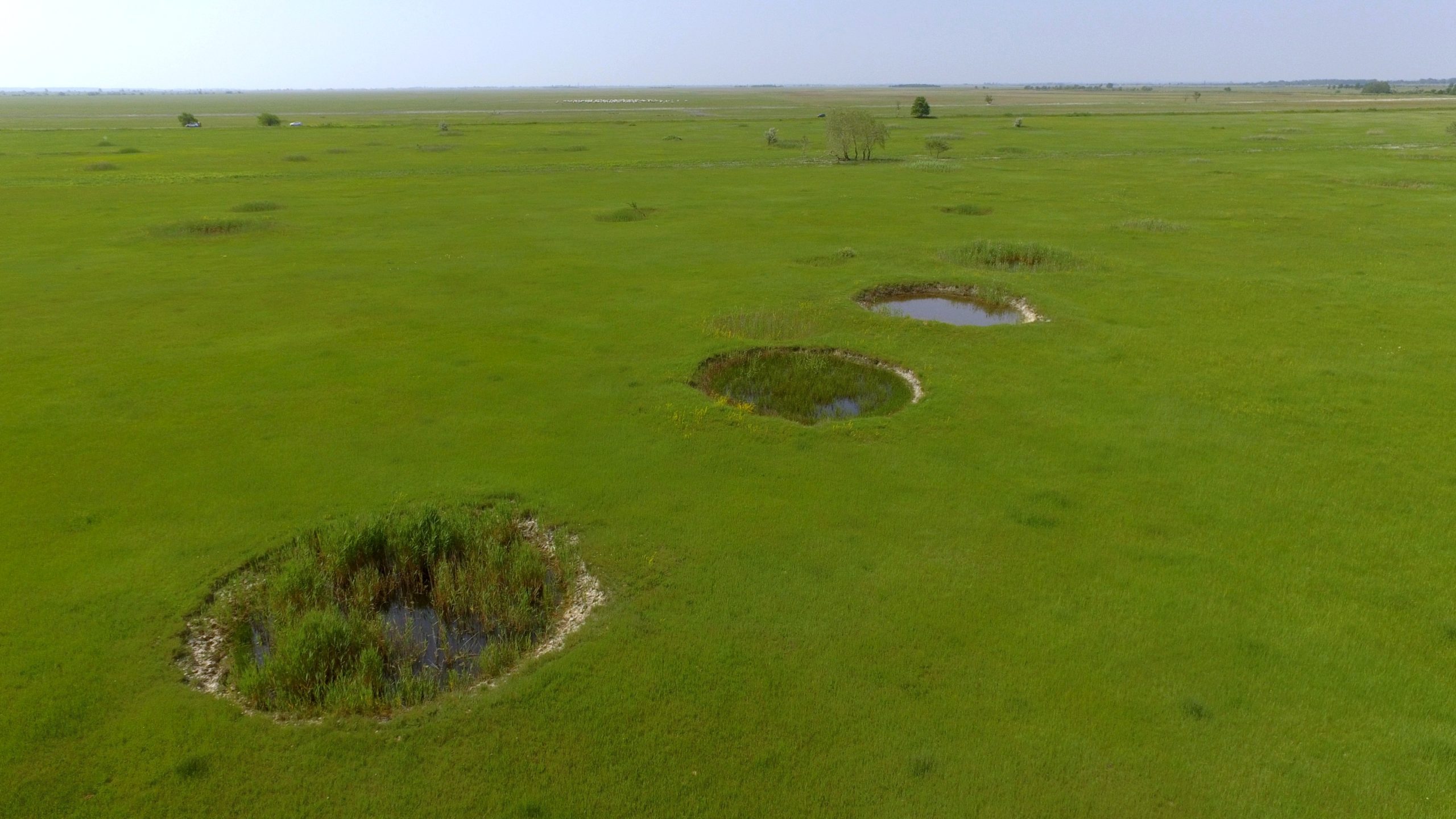Drought is one of the greatest ecological threats of the coming decades
In a recent study published in the prestigious journal Nature Ecology & Evolution, researchers from the ELKH Centre for Ecological Research (CER) compared the results of field experiments on the consequences of droughts with data from […]
Bayes and Darwin: How replicator populations perform Bayesian calculations
Statistical inference is an essential component of both animal behavior and artificial intelligence algorithms. It focuses on two main tasks: combining information learned from the past and perceiving the present to try to predict the future […]
Where could the successor of the coronavirus come from – and how should we prepear for it?
What can we do to avoid an unexpected close acquaintance with another rapidly spreading newcomer after the coronavirus? Biologists Gábor Kemenesi and Gábor Földvári also answered these questions in their science lecture, the recording of which […]
Biodiversity and Climate Protection Panel at the Budapest Climate Summit
The Budapest Climate Summit was held for the second time on October 7-8, 2021, where Gábor Földvári, the head of the Emerging Pathogen Ecology Research Group of the CER Institute of Evolution, participated as a speaker […]
Opening lecture: The Beautiful, the Bad and the Sustainable – What should and could the new world be like?
Eörs Szathmáry, member of the Hungarian Academy of Sciences, chairman of the Sustainable Development Committee of the Hungarian Academy of Sciences, gave the opening speech at the 2021 Hungarian Science Festival, entitled ˇThe beautiful, the bad […]
Research professor Eörs Szathmáry in a BBC documentary film series
In the BBC documentary film series, The Geochemical History of Life on Earth, Justin Rowlatt explores the geochemical history of Earth and the role that humans played. In the third part of episode 4, The Great […]
Visiting Prof. Gábor Lövei in Denmark, at the Aarhus University, Fjakkebjerg Institute of Agroecology
Balázs Deák and Orsolya Valkó from IEB Lendület Seed Ecology Research Group visited Prof. Gábor Lövei in February 2022. One of the purposes of the mission was to visit the institute’s experimental greenhouse system. The greenhouse […]
Salinisation of freshwaters
Researchers from the Institute of Aquatic Ecology Centre for Ecological Research have been involved in setting global research priorities for freshwater salinisation. Their review article was published in Trends in Ecology and Evolution, one of the […]
New member joins the Evolutionary Ecology research group
A new member has joined the Evolutionary Ecology research group. Tamara Szentiványi started her research activities on 1 January as a research fellow. Tamara’s research investigates the impact of urbanisation and other anthropogenic activities on invasive […]
Fifteen foreign guest researchers will contribute to domestic research in 2022
With the support of the academic program strengthening the international competitiveness of Hungarian research groups, fifteen more internationally renowned guest professors will be able to participate in the work of research groups operating in Hungarian research […]
Library of bat sounds
Co-authored by Sándor Zsebők, a new study was published in the PeerJ journal entitled “ChiroVox: a public library of bat calls”. The interesting thing about this article is that it’s about creating a new sound library […]
Career
Evolutionary ecology of invasive mosquitoes
We are looking to hire a Postdoctoral Researcher for 24 months to work on a nationally funded (NRDI) project on the ecological causes and consequences of the spread of invasive mosquitoes in Hungary. BACKGROUND: Climate change […]

